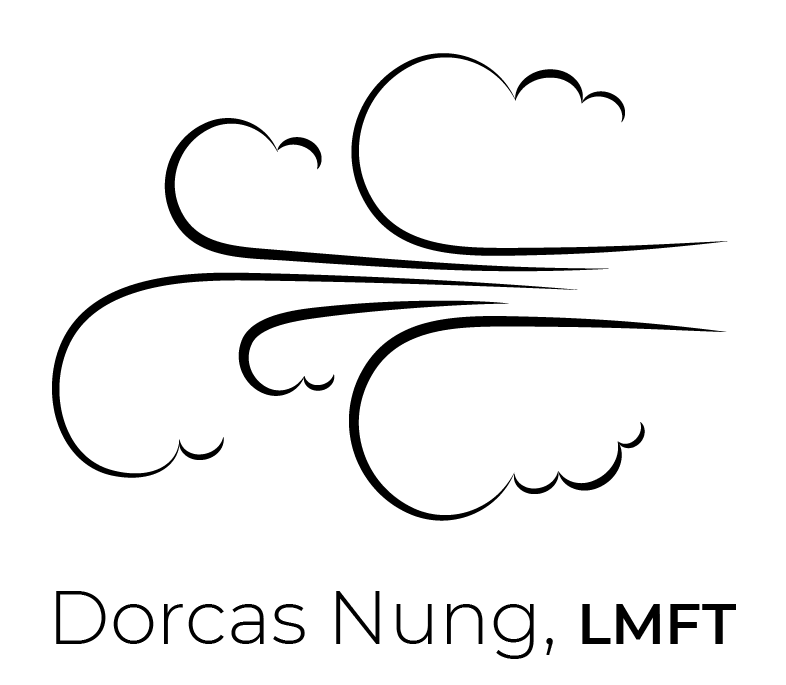What Is Mindset?
What do you think of when you consider “mindset”? Could it be an attitude or perspective? A lens we look through as we move through the world?
Mindset can be anything from a world-view or opinion that we have about how things work, to a perception about ourselves. It might be shaped by culture, religion, or experience.
Fixed, Flexible or Both?
Oftentimes, mindset is fixed. We might see ourselves as smart or funny, while others might be generally good or mostly selfish. And in our minds, that might be just “how it is.”
Most people don’t have mindsets that are solely fixed or only flexible. More often than not, we have a combination of both.
One of the most essential things we must do as parents is be adaptable. Here’s where having a flexible mindset can help.
It is the opposite of a fixed mindset. Instead of being rigid and unchangeable, having a flexible, adaptable mindset allows you to shift and pivot during challenging moments.
Process Leads to Resilience
With a flexible mindset, the focus is on process rather than on outcome as we adjust to what any situation requires of us. In doing so, we inevitably learn and grow from it.
In my own work especially with kids and teens, we do a lot of different activities that have a couple of things in common:
We engage in process-oriented tasks that allow us to make adjustments (both small and large) as we go
We pause at different points along the way to reflect on what is happening.
I might ask the kids questions such as, “What is it that you like about this drawing? Is there anything you want to change?”
Whether we do this with our children or with ourselves, this type of process enables us to work on the skills of flexibility, adaptability, and reflection which lead to greater overall resilience.
Resilience Supports Parenting Challenges
For parents, these abilities are all needed to weather the storms that raising children, especially the littles, bring. Though it of course does happen, most of us don’t have the time or energy to spend time spinning in one spot, stuck and unable to navigate a tantrum or meltdown.
We need to find a way to gather ourselves so that we can supportively lead our child out of that temporary but overwhelming emotional state.
Lean on Mindset: Ask Questions to Access Resilience
If resilience and flexibility lived in a tall apartment building, they would probably be next door neighbors, borrowing cups of sugar and flour from each other frequently.
It’s much harder to develop resilience if you can’t flex with a circumstance that pushes you out of your comfort zone. And in turn, it’s harder to be flexible if you fall apart immediately in a difficult situation.
So next time you start to feel wobbly, or even overwhelmed as a parent, pause and work with your mindset. Here are some ways to do this:
It can take some practice, but by adjusting your mindset, you will be able to access your deepest strength and resilience.
You got this.





